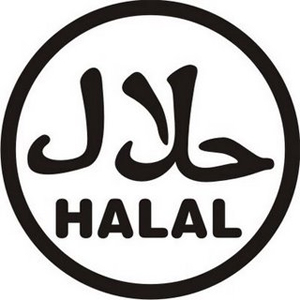 r Anuar Ahmad said that the university has been granted RM1.3m from the Selangor government to develop the kit which is to be designed for both the food and medical industries.
r Anuar Ahmad said that the university has been granted RM1.3m from the Selangor government to develop the kit which is to be designed for both the food and medical industries.“Although it is small, it can save costs compared to laboratory tests...The results are guaranteed to be accurate, as good as laboratory tests which cost thousands of ringgit,” said Ahmad.
Ahmad said that a number of universities have made Halal kits in the past, however the University of Selangor’s approach is said to be more advanced.
“The Halal kit previously functioned to detect only pig DNA content," said Anuar.
“This is different from what we will come up with, where the Unisel Halal kit will use the nano sensor technology to know up to 0.001 percent of pig content.”
The system is able to detect the presence of non-halal ingredients by entering a sample of the product into a detector which will produce a fluorescent light on a positive detection.
The kit is expected to be completed by December 2015.





